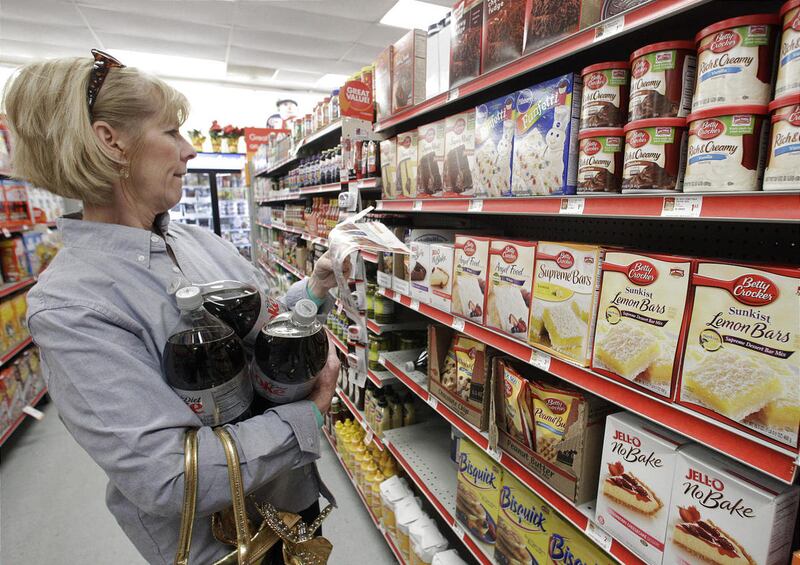Global food prices have risen to their highest point since September 2011. Thursday’s recent report from the U.N. Food and Agriculture Organization documents the 12th consecutive month of price increases.
- Between April and May, global food prices increased by 4.8%, the highest single-month increase in more than 10 years, said Al Jazeera.
To measure average food prices, the Food and Agriculture Organization monitors a basket of five foods including cereals or grains, vegetable oil, dairy products, meat and sugar, reported Reuters. All five foods have increased in price.
How much more expensive is food worldwide?
Global food prices have risen every month for the last year, according to Reuters. In May 2021, food prices were 39.7% higher than they were in May 2020, says the Food and Agriculture Organization.
- Cereal prices have increased 36.6% since last May, reported the Food and Agriculture Organization.
- Vegetable oil has increased 124% over the last year, said Al Jazeera.
- Dairy products have become 28% more expensive over the last year, the Food and Agriculture Organization said.
- Meat prices have increased by 10% since May 2020, the Food and Agriculture Organization reported.
- Sugar prices are up 57% since last year, Al Jazeera said.
Why have food prices risen worldwide?
Food prices have increased for a number of reasons, said Reuters.
- Southeast Asia slowed its production of vegetable oils while the biodiesel sector increased demand globally, Reuters reported.
- Brazil, the world’s largest exporter of sugar, experienced droughts in key growing areas causing a delayed harvest and crippled crops, said Al Jazeera and Reuters.
- Demand for grains unexpectedly surged in China, causing global stores to be depleted, per Al Jazeera.
- It’s unclear how the COVID-19 pandemic has played a role, if any, in the rise in food prices.
Why are increasingly high food prices concerning?
The steep and continued rise of food prices raises three concerns:
- Low-income countries, developing countries and import-dependent countries will feel the effects of rising food prices most painfully, said Reuters and Al Jazeera.
- Historically, rapidly increasing food prices have caused mass social unrest. In 2008 and 2011, spikes in food prices caused food riots in 30 countries, said Al Jazeera.
- The global hunger problem has reached the worst point in years due to pandemic-related food inequalities, recent extreme weather and political conflict, according to Al Jazeera. Higher food prices will continue to exacerbate the problem.
Will food prices continue to rise?
Summer weather for crops in Europe and North America will greatly affect the current food situation. Good weather would help considerably, said Al Jazeera. However, poor weather could make the problem worse.

